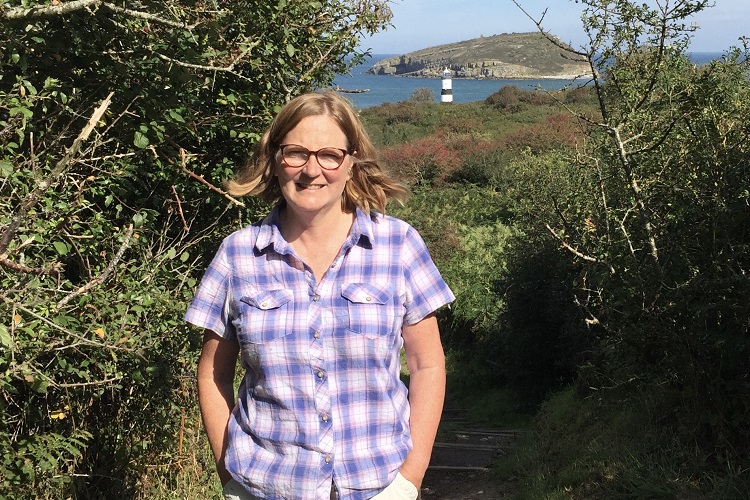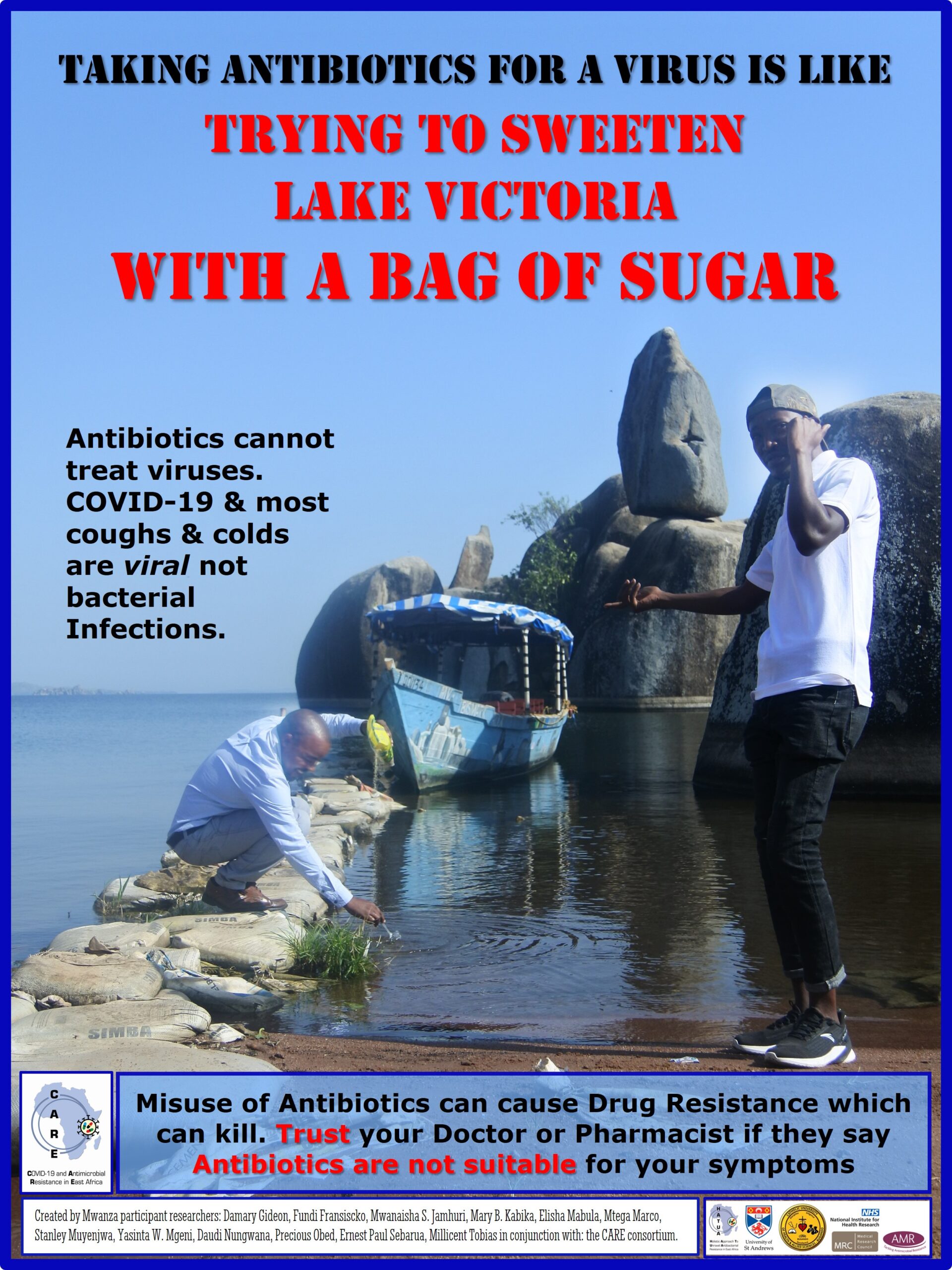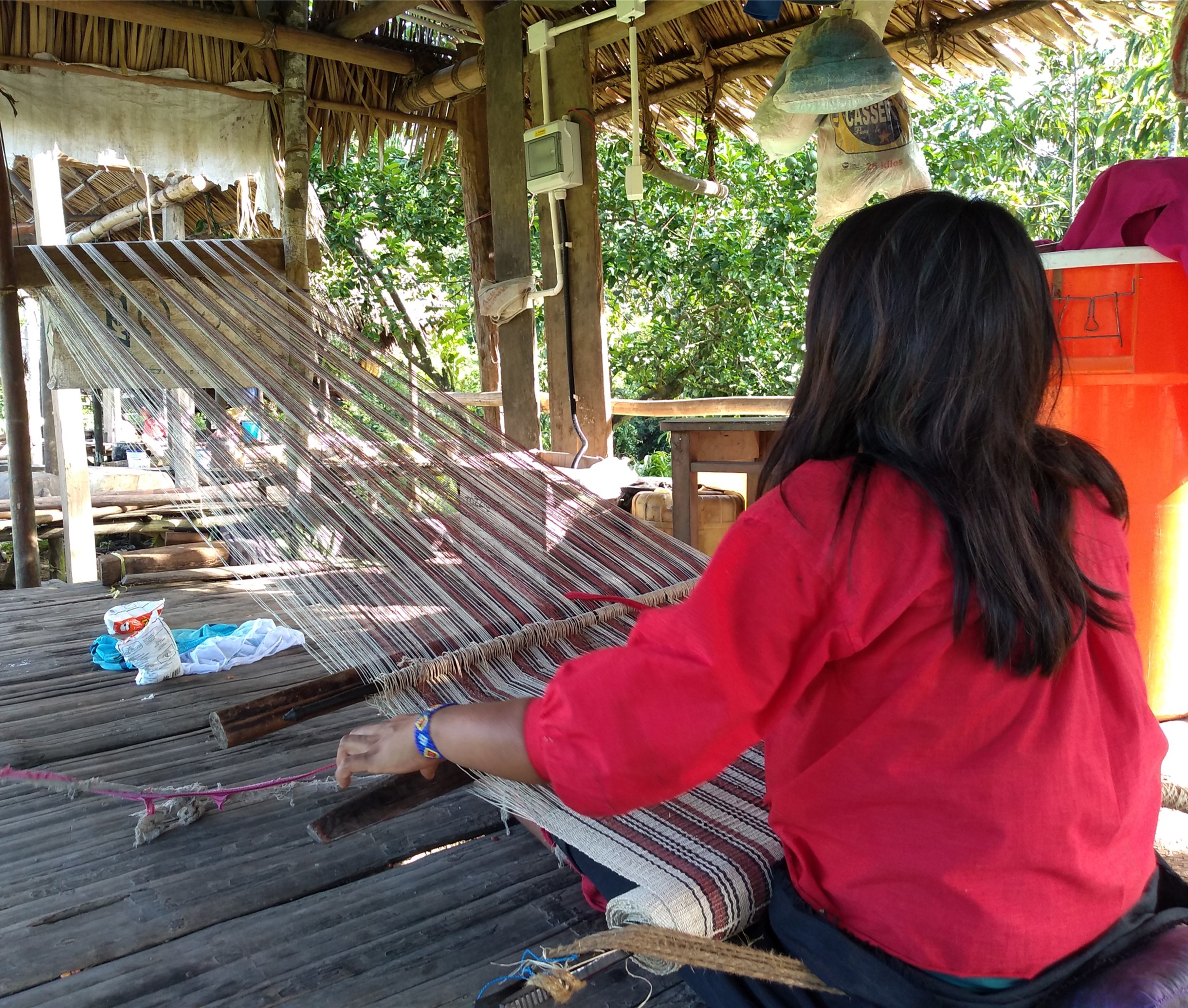Nina Laurie: Opportunity Explorer
A background Nina Laurie is a Professor in the School of Geography and Sustainable Development. When asked if she would agree to be interviewed for this blog, she welcomed us with open arms, flapjacks, and keychains from Peru. Filled with stories from trips that have changed her outlook on her research, she has in the … Read more





